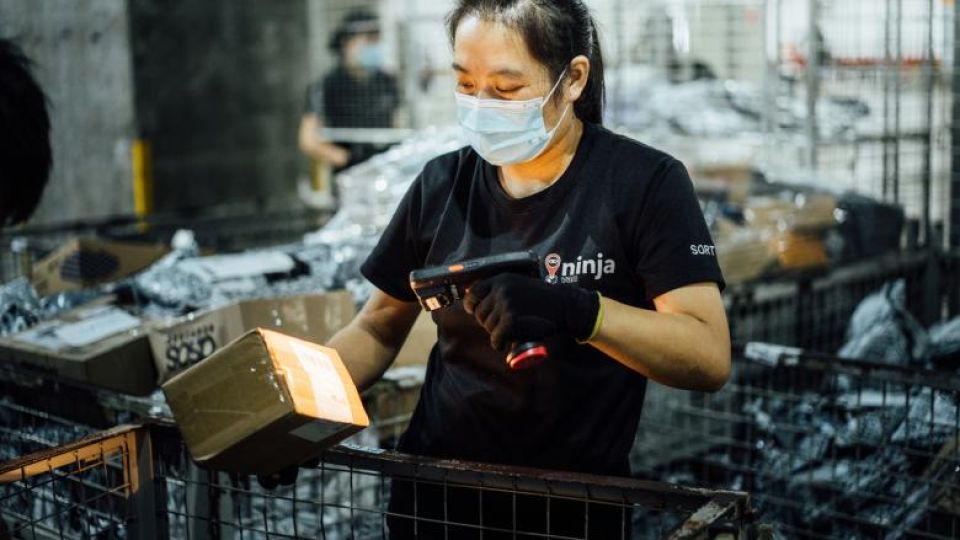March 4, 2022
SINGAPORE – Consumers here may have to wait longer for their goods to be delivered as some logistic providers are dealing with a manpower crunch with Covid-19 cases still high.
Logistic workers here who have contracted the virus or are isolating at home as a precaution due to being close contacts have put a strain on the remaining delivery fleet, some delivery providers said.
A spokesman for Ninja Van Singapore said as the number of cases here continues to rise, its delivery personnel are at higher risk of contracting the virus.
A number of its staff are now at home recovering from illness, to look after their families, or to help to prevent further spread of Covid-19.
The company has also put in place tightened safe management measures to minimise the spread among drivers.
She said: “This step-up in precautionary measures, coupled with the impact of rising cases on our manpower, might temporarily affect the deliveries of parcels. Some of our delivery locations have been stretched but we are endeavouring to keep wait times as low as we can.”
Singapore reported about 19,000 locally transmitted Covid-19 cases on Wednesday (March 2) and about 24,000 cases on Tuesday, the highest since the record high of 25,731 last week.
Mr Wallace Sin, general manager for Roadbull, said it has seen a manpower shortage since last year, although the situation is becoming more manageable. Expected delays for deliveries can range between three and five days.
He expects the manpower crunch to last until the number of Covid-19 cases stabilises. In the interim, the company is also conducting cross training so that workers from other departments can help to fill in gaps.
Pickupp’s co-chief operations officer Lee Chee Meng said its full-time drivers contracting Covid-19 had caused hiccups in its operations.
“With the recent surge in cases, we do expect more staff to be affected and this will definitely result in disruptions in our manpower – be it among our warehouse staff or full-time drivers,” he said.
To deal with the problem, it is hiring more people or tapping on more manpower from its freelance pool of workers.
Ms Gina Toh, director of DAP Asia, said while positive cases at the workplace did not impact manpower significantly, the firm is already taking steps to prevent this, such as implementing staggered working hours.
Ms Toh said: “The moment you get infected workers, you have to isolate them. The jobs that are being scheduled for them will also have to be passed on to another worker at the last minute, and they may not have the bandwidth to take these on.”
A Lazada spokesman said its online grocer, RedMart, had operational challenges in February.
This had been caused by Covid-19 cases rising, as well as the requirement of a booster shot needed for individuals to remain fully vaccinated.
He said: “Over the last two weeks, we have managed to improve our manpower needs to accommodate the rise in staff who are unable to work due to health risk notices, or who have exhibited related symptoms. We are continuing to closely monitor the situation and have plans in place to ensure smooth business operations.”
DFI Retail Group, which runs Cold Storage and Giant supermarkets, said it has been working to ensure contingency plans are in place to allow deliveries to continue.


